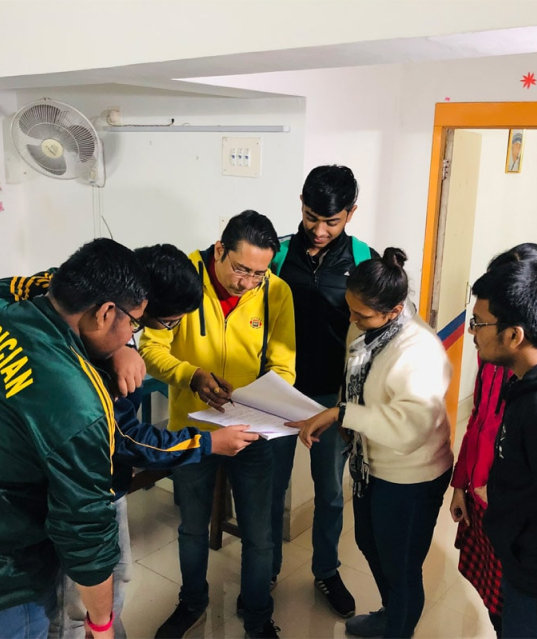As you begin your NEET preparation, are you wondering how to manage your study time? The most common mistake students make is that they give more attention to biology as it consists more marks compared to chemistry and physics. Giving equal attention to Physics is crucial to obtain good marks. Explore some essential topics of NEET course and discover effective time management strategies from a renowned Physics tutor, Study with IB.
What is NEET?
NEET (National Eligibility Cum Entrance Test) is an all-India medical examination test conducted by National Testing Agency (NTA). Formerly known as All-India Pre-Medical Test, it is a way of conducting uniform exams for students who wish to enroll in medical colleges.
Overview of NEET Physics Syllabus
The NEET Physics syllabus is designed to test students’ understanding of fundamental concepts and their ability to apply them to solve complex problems. The syllabus is divided into two main sections: Class 11 and Class 12, covering a wide range of topics crucial for the exam. Here’s a brief overview:
- Class 11 Topics: This includes concepts such as Physical World and Measurement, Kinematics, Laws of Motion, Work, Energy and Power.
- Class 12 Topics: Key areas include Electrostatics, Current Electricity, Magnetic Effects of Current and Magnetism
Essential physics topics to cover for NEET course
- Kinematics: Mastering the equations of motion, projectile motion, and circular motion is essential
- Electrodynamics: Focus on electrostatics, current electricity, and circuit theory
- Optics: Understanding the principles of reflection, refraction, and optical instruments is crucial
- Thermodynamics: Study the laws of thermodynamics and their applications thoroughly.
- Modern Physics: Grasp concepts related to photoelectric effect, atomic models and nuclear physics.
Tips to Follow for the Exam
- Understand Key Concepts: Focus on mastering core topics and their underlying principles. Build a strong foundation to tackle complex problems efficiently.
- Practice Regularly: Solve previous years’ question papers and sample questions to familiarize yourself with the exam pattern and question types.
- Use Time Wisely: Allocate specific time slots for each section and stick to them to ensure you complete the paper within the given time.
- Revise Thoroughly: Regular revision is essential to reinforce your understanding and recall information quickly during the exam. Make concise notes for quick reference.
- Stay Calm: Maintain a positive mindset and stay focused during your preparation and the exam.
Conclusion
Consistent practice, regular revision, time management and having a thorough understanding of the NEET course topics are keys for success. With these factors, it will become easier for you to crack the exam and score well.





